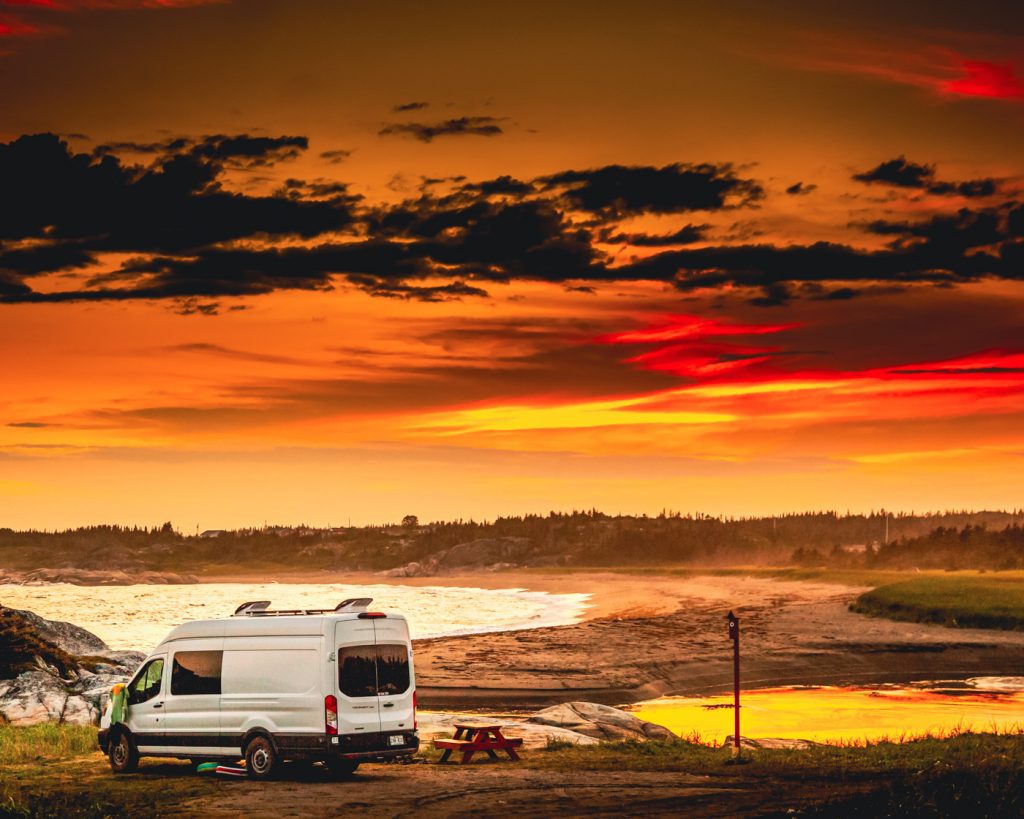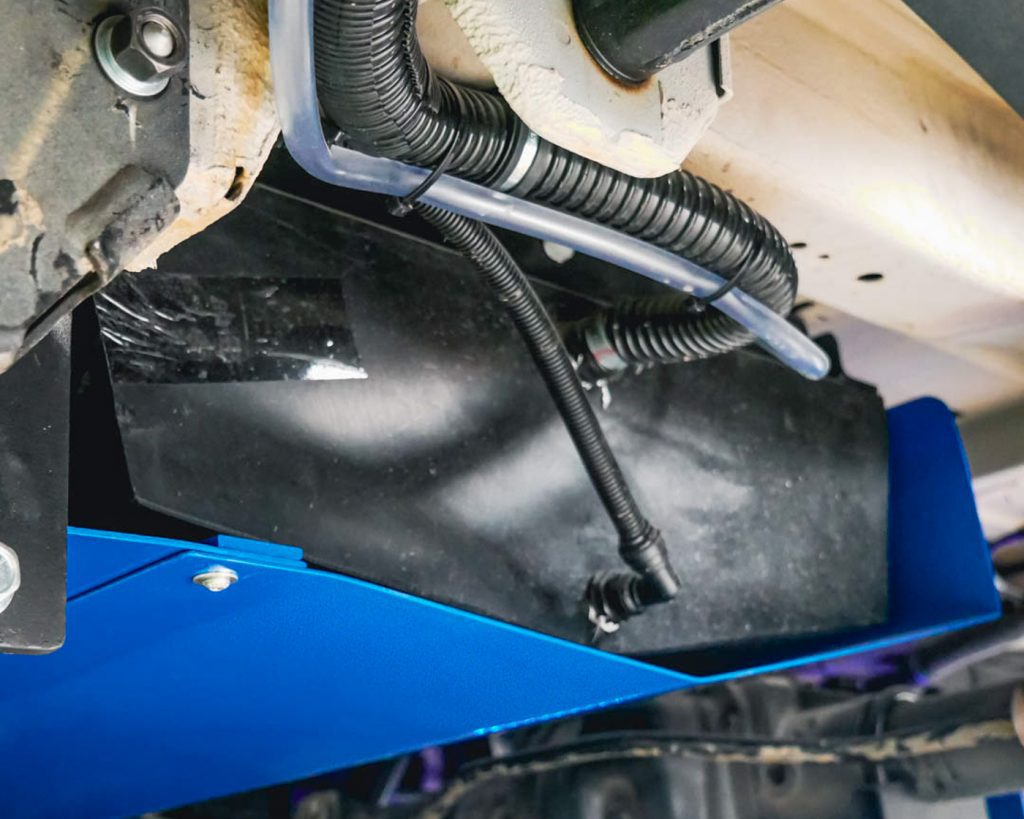Motorhomes offer a unique combination of comfort, flexibility, and adventure, which makes them increasingly popular for exploring Australia’s diverse landscapes. Whether you’re a first-time buyer or an experienced motorhome traveller, there are numerous factors to consider for a seamless journey. This comprehensive guide includes frequently asked questions that provide insightful responses to common queries, from licensing requirements and maintenance costs to driving tips and destination ideas. Its aim is to equip you with a solid knowledge base, giving you the confidence and ease to navigate the world of motorhomes.
- What price range should I consider when buying a motorhome? A motorhome can range from under $10,000 to over $500,000 for luxury RVs. Prices vary because of size, features, and brands. A more common average motorhome cost is around $100,000.
- Can I drive motorhomes without a heavy vehicle license? In most parts of Australia, you can drive a motorhome or RV up to 4.5 tonnes on a regular car license. For larger motorhomes, you may need to upgrade your license.
- How much does a powered campsite in Australia usually cost per night? The cost varies depending on the location, facilities, and time of year. Still, generally, you can expect to pay between $25 and $60 per night for a powered site.
- What is the minimum age for renting a motorhome in Australia? The minimum age to rent a motorhome in Australia is typically 21 years. Some rental companies may charge an additional fee for drivers under 25.
- What questions should I ask when buying an RV? Key questions should include: What is the RV’s maintenance history? Has it ever been involved in an accident? What is its fuel efficiency? Does it have any existing warranties?
- What should I look for when buying a second-hand RV? The vehicle history should include details about previous ownership, any accidents it has been involved in, and significant repairs or modifications that have been made.
- Does the RV have a clearly defined mechanical record? A well-maintained RV should have a clear record of regular servicing and repairs. This includes oil changes, brake checks, tyre replacements, and other routine maintenance.
- How common is it for Australians to own RVs? Owning an RV is quite popular in Australia, with many people using it for holiday travel, weekend getaways, or even as a primary residence.
- What should be on my RV wish list? Your wish list will depend on your personal needs and preferences. Still, it may include features like a full kitchen, bathroom facilities, ample storage space, air conditioning, and an awning.
- What size motorhome can I drive in Australia? You can typically drive up to 4.5 tonnes of motorhome with a regular car license. You may need a Light Rigid (LR) license for larger motorhomes.
- Do I need to get my motorhome weighed on a weighbridge for accurate weight? Getting your motorhome weighed can help ensure you’re not exceeding its maximum allowable weight, which is important for safety and legal reasons.
- Are there any specific regulations for driving a motorhome in Australia? Aside from standard road rules, some states have specific regulations regarding maximum length, width, and height for motorhomes. Always check local laws when planning your trip.
- What are the costs involved in maintaining a motorhome? Maintenance costs include regular servicing, repairs, insurance, registration, and roadside assistance. Fuel is another significant ongoing cost.
- Is it possible to live full-time in a motorhome in Australia? Yes, many people in Australia live full-time in their motorhomes. However, you must comply with local laws regarding where you can park and live in your motorhome.
- What kind of insurance do I need for a motorhome? You’ll need at least third-party property insurance for your motorhome. However, comprehensive coverage is also recommended to protect against damage to your vehicle.
- What factors affect the fuel efficiency of a motorhome? Factors include the vehicle’s weight, driving speed, air resistance, tyre pressure, and how well the engine is maintained. Driving style also plays a significant role—smooth, steady driving is more fuel-efficient than frequent accelerating and braking.
- Can I use a regular car GPS in my motorhome? While a regular car GPS may work for some motorhomes, it’s best to invest in a specialised RV or truck GPS that can account for your vehicle’s larger size and weight.
- What are the benefits of using solar panels on an RV? Solar panels can provide sustainable, renewable energy for your motorhome and reduce the need to rely on traditional fuel sources. They can also help save money on energy costs.
- Do I need a special license to tow a trailer or car behind my motorhome? In most cases, you will need a specific endorsement on your license to be able to tow a vehicle behind your motorhome. Check with your local road authority for specific requirements.
- What are the options for parking/camping overnight in a motorhome? There are many options for overnight parking or camping in your motorhome, including designated campsites, caravan parks, and free camping areas. Always check local regulations before setting up camp. 21.
- How do I properly maintain my motorhome’s battery? Regularly checking the battery’s fluid level, keeping it clean and free of corrosion, and using a trickle charger when not in use are all important steps in maintaining your motorhome’s battery.
- What kind of safety equipment should be on board my motorhome? Essential safety equipment includes fire extinguishers, smoke detectors, carbon monoxide detectors, and a first aid kit. You may also want to consider installing a GPS tracker in case of theft.
- Are there any driving tips for handling a motorhome? Always drive with caution, especially on winding or narrow roads. Adjust your speed accordingly, know your vehicle’s dimensions, and use your mirrors effectively.
- What are some popular destinations for RV travel in Australia? Popular destinations include the Great Ocean Road, the Red Centre, the East Coast, and Tasmania. There are also many scenic routes and national parks throughout the country.
- Can I bring my pet on a motorhome trip to Australia? Yes, many campgrounds and caravan parks in Australia allow pets, but it’s always best to check beforehand. You should also ensure your pet is comfortable and safe in the motorhome while travelling.
- How should I prepare my motorhome for extended storage periods? Maintenance tasks should include draining water tanks, disconnecting batteries, and covering or storing external accessories. It’s also important to properly clean and secure the motorhome’s interior.
- Are there any special considerations for driving a motorhome in different weather conditions? Yes, extreme weather conditions such as heavy rain, snow, or high winds can significantly impact your ability to drive safely in a motorhome. Always check weather forecasts and road conditions before embarking on a trip and adjust your driving accordingly.
- What resources are available for planning a motorhome trip in Australia? Numerous online resources, such as travel blogs, forums, and trip-planning websites, can help you plan your motorhome trip. You can consult guidebooks and maps for more detailed information on specific regions and destinations.



